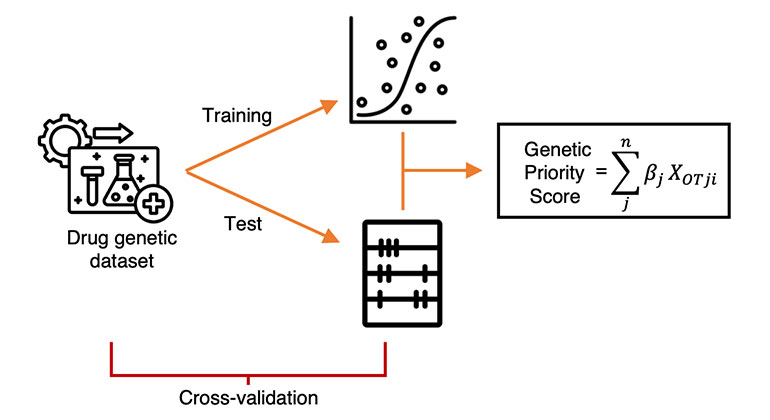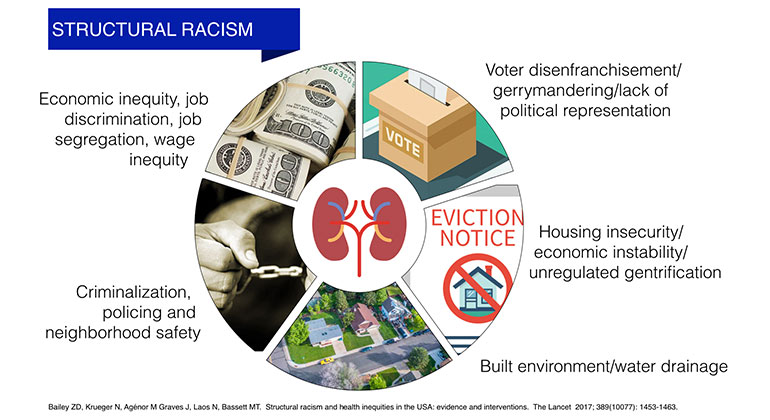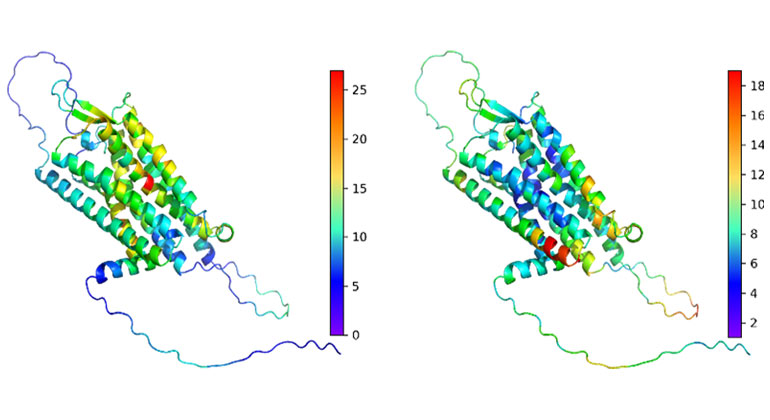2013 SinaInnovations Second Annual Conference Takes Up "Team Science" As a Cornerstone For Scientific Discovery
Event draws hundreds of scientists, postdoctoral students, and team leaders to Mount Sinai to learn about principles of successful teamwork in science.
Hundreds of scientists and postdoctoral students packed the Stern Auditorium at the Icahn School of Medicine at Mount Sinai November 18th and 19th for the second annual SINAInnovations conference. This year's conference explored how team science is critical for innovation and breakthroughs in biomedical research and clinical medicine. It featured speakers from a range of disciplines who each described essential components of team building in driving success and making it sustainable, including former Yankees' Manager Joe Torre, Rear Admiral Scott P. Moore Deputy Commander, Naval Special Warfare Command of the United States Navy, as well as leaders of top-flight academic centers across the United States and Canada. Each one showcased how teamwork and collaboration are essential drivers for success and innovation.
Scott L. Friedman, MD, Dean for Therapeutic Discovery at the Icahn School of Medicine at Mount Sinai addressed the "team science" theme for this year's conference: "The rapid pace of discovery in biomedical science necessitates teamwork to achieve success. This year's SINAInnovations conference offered a playbook on team science, stimulating enthusiasm among attendees about implementing team science and creating the synergies that accelerate innovation."
In opening remarks, Dennis S. Charney, MD, Dean of the Icahn School of Medicine at Mount Sinai, and Kenneth L. Davis, MD, Chief Executive Officer and President of the Mount Sinai Health System, underscored how Mount Sinai is the ideal environment for the leaders of biomedical science to meet, collaborate, and ultimately determine the direction of biomedical and technological innovation. "This year's goal is to stress the creative and innovative advantages of team-centric culture," said Dr. Charney, who is also President for Academic Affairs at the Mount Sinai Health System. "We are proud to continue Mount Sinai's longstanding commitment to maximizing the very best of technology and innovation in the service of discovery of treatments for the most serious diseases. Great groups don't know what is supposed to be impossible. They are on a mission, obsessed with forging ahead."
Throughout the event, it became abundantly clear that biomedical research has become too specialized and complex to stand on the shoulders of one superstar. Highlighting the ecosystem that supports team science and innovation, Dr. Kenneth Davis, CEO and President of the Mount Sinai Health System said: "Multidisciplinary teams are a core feature of the innovation and advancement ecosystem." He added: "We also need to recognize unselfish science in research that allows failure and learning from team failures."
Joe Torre, Executive Vice President of Baseball Operations at Major League Baseball, and former Manager of the New York Yankees, described how he has gotten the best teamwork out of ballplayers, nothing that he had faced many failures before achieving success, having been fired three times as a major league baseball manager before leading the New York Yankees. He emphasized that essential in pushing to your goal is "finding a level that the team must compete at and avoiding the highs and lows. Once you stop to admire, you stop doing it."
Rear Admiral Scott P. Moore provided a breathtaking account of a hostage rescue in Somalia, to emphasize the absolute trust required among team members in the Navy Seals to achieve their goals. "The vision of what we are trying to achieve has to be communicated over and over again so the whole team knows," he said. "It's much less of an All-Star phenomenon."
Michael M. Crow, PhD, President of Arizona State University, stressed that team players in academia need to be totally committed to innovation for the long term. Dr. Crow and others emphasized that individuals and heroes are no longer sufficient for in advancing science and driving innovation today. He called it a "social construct that is limited." Recognizing the complexity of scientific advancement, Dr. Crow said: "Teams need to keep trying, assume complexity, constantly redesign, and remove blockers to success," said Dr. Crow.
A full list of speakers, the agenda, and a webcast from the entire two-day event are posted at http://icahn.mssm.edu/sinainnovations/register-now/2013-videos. The event also allowed participants to attend break-out sessions and networking sessions for trainees to enhance their opportunities for team science and career advancement. To learn more, visit www.mssm.edu/sinainnovations or email Sinainnovations@mssm.edu.
About the Mount Sinai Health System
Mount Sinai Health System is one of the largest academic medical systems in the New York metro area, with more than 43,000 employees working across eight hospitals, over 400 outpatient practices, nearly 300 labs, a school of nursing, and a leading school of medicine and graduate education. Mount Sinai advances health for all people, everywhere, by taking on the most complex health care challenges of our time — discovering and applying new scientific learning and knowledge; developing safer, more effective treatments; educating the next generation of medical leaders and innovators; and supporting local communities by delivering high-quality care to all who need it.
Through the integration of its hospitals, labs, and schools, Mount Sinai offers comprehensive health care solutions from birth through geriatrics, leveraging innovative approaches such as artificial intelligence and informatics while keeping patients’ medical and emotional needs at the center of all treatment. The Health System includes approximately 7,300 primary and specialty care physicians; 13 joint-venture outpatient surgery centers throughout the five boroughs of New York City, Westchester, Long Island, and Florida; and more than 30 affiliated community health centers. We are consistently ranked by U.S. News & World Report's Best Hospitals, receiving high "Honor Roll" status, and are highly ranked: No. 1 in Geriatrics and top 20 in Cardiology/Heart Surgery, Diabetes/Endocrinology, Gastroenterology/GI Surgery, Neurology/Neurosurgery, Orthopedics, Pulmonology/Lung Surgery, Rehabilitation, and Urology. New York Eye and Ear Infirmary of Mount Sinai is ranked No. 12 in Ophthalmology. U.S. News & World Report’s “Best Children’s Hospitals” ranks Mount Sinai Kravis Children's Hospital among the country’s best in several pediatric specialties.
For more information, visit https://www.mountsinai.org or find Mount Sinai on Facebook, Twitter and YouTube.
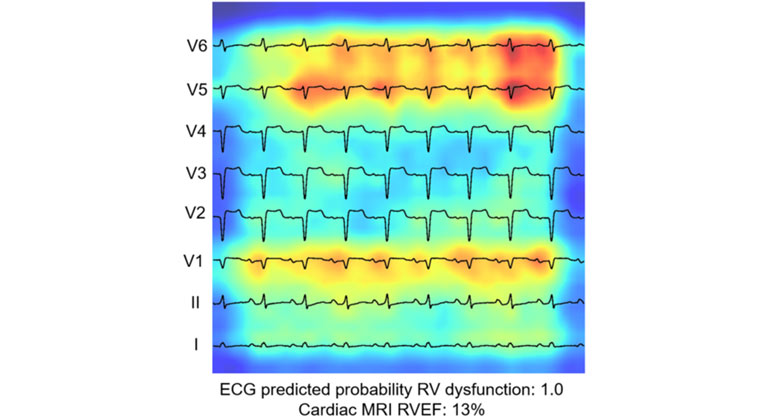
AI-Driven Study Redefines Right Heart Health Assessment With Novel Predictive Model
Jan 04, 2024 View All Press Releases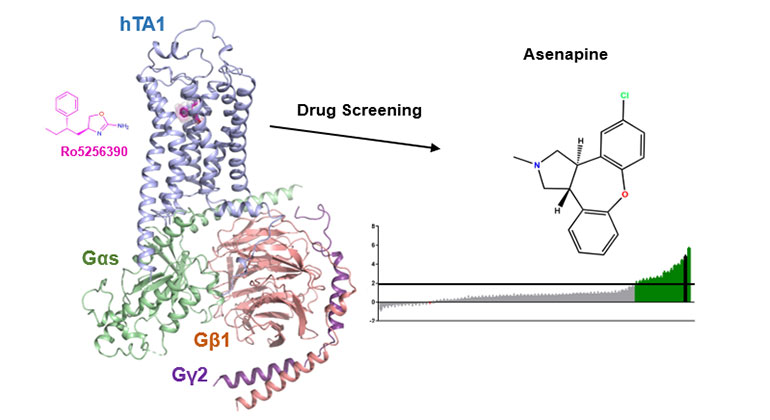
Demystifying a Key Receptor in Substance Use and Neuropsychiatric Disorders
Jan 02, 2024 View All Press Releases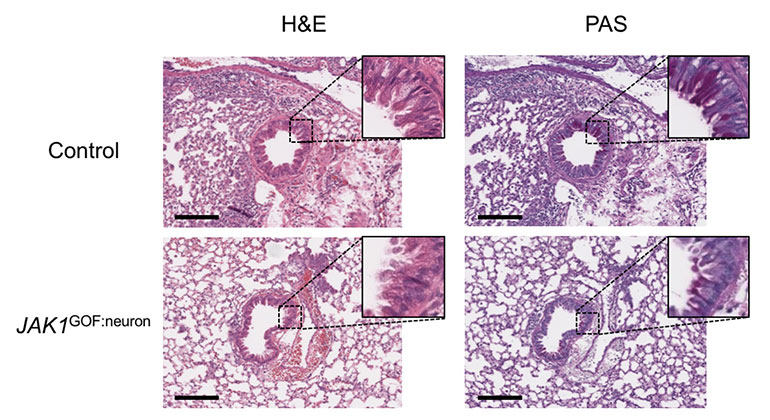
New Insights Revealed On Tissue-Dependent Roles of JAK Signaling in Inflammation
Dec 21, 2023 View All Press Releases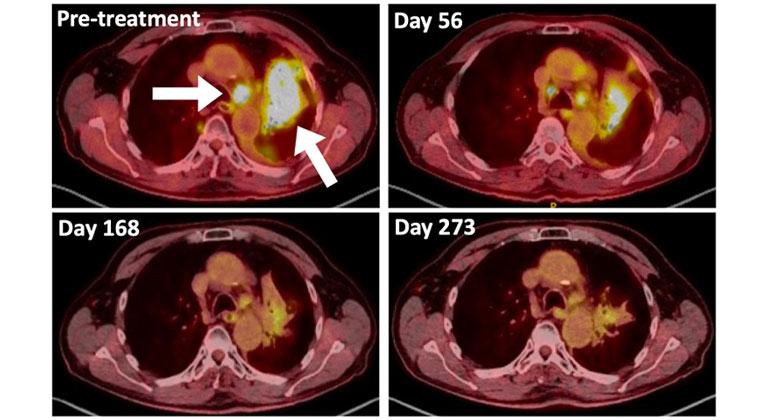
A Type of Allergy Medicine Might Help Treat Lung Cancer, Research Suggests
Dec 06, 2023 View All Press Releases


